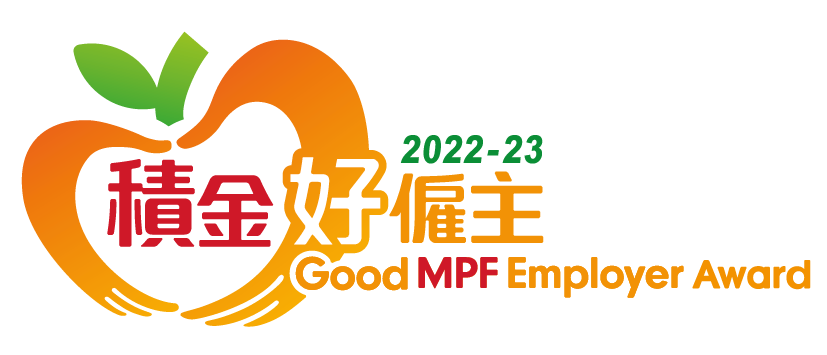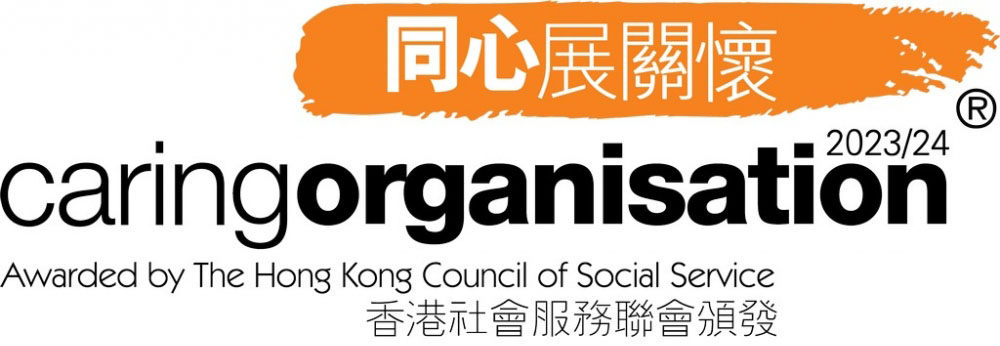Course Coordinator: Dr Tony M T Chan, Grad Dip, MPhil (CUHK), PhD (CityU)
Course Developer: The Open University, UK, Course Team
The course is suitable for students interested in science, technology and engineering disciplines. It teaches the commonly used mathematical methods and techniques that are required for many applications in middle and high-level courses or in real-life work. This course will be of particular interest to you if you are using mathematical reasoning in your work and extend your application of mathematics to solving problems related to decision science, computing and engineering. The course is also suitable if you are teaching mathematics. It teaches the commonly used mathematical methods and techniques that are required for many applications in middle and higher-level courses as well as real-life work. Teaching is supported and enhanced by the use of the computer algebra package MathCAD. This course is a core subject in the following programmes: Mathematical Studies, Statistics and Decision Science, Electronic Engineering, Product Design, and Technology and Computing Engineering.
Advisory prerequisite(s)
You are advised to have already studied one of the foundation mathematics courses MATH S101, MATH S111, MATH S112, MATH S121 or MATH S122.
Aims
This course aims to:
- Introduce learners to the basic mathematics methods and concepts in different numerical techniques;
- Develop learners’ skills in using algebra software for solving mathematical problems;
- Develop learners’ knowledge and understanding of the basic principles and practices of mathematics in the decision science, computing, science and engineering disciplines;
- Develop learners’ abilities to solve problems numerically and analytically.
Contents
The course covers the following topics:
- First-order and second-order differential equations
- Vector algebra, matrices and determinants
- Eigenvalues and eigenvectors
- Simultaneous differential equations
- Functions of several variables
- Numerical methods for differential equations
- Partial differential equations
- Vector calculus
- Multiple integrals
- Fourier transform, Fourier series, laplace transform
Learning support
There will be about ten tutorials and some regular surgeries.
Assessment
There are four assignments and a final examination. Students are required to submit assignments via the Online Learning Environment (OLE).
Online requirement
This course is supported by the Online Learning Environment (OLE). You can find the latest course information from the OLE. Through the OLE, you can communicate electronically with your tutor and the Course Coordinator as well as other students. To access the OLE, you will need to have access to the Internet. The use of the OLE is required for the study of this course and you can use it to submit assignments.
Equipment
Students will need access to a computer with an Internet connection and with a CD-ROM drive for the course software, and a scientific calculator.
The recommended minimum computing requirements are:
- Windows XP or above
- 120 MB free hard disk space
- CD-ROM drive
- Sound card
- Display resolution of 800 x 600
- Printer (optional)
Software
Students will need access to a computer with at least English Windows XP. The computer algebra software MathCad will be provided to students on CD-ROM as part of the course material.
Set book(s)
There are no set books for this course.
Students with disabilities or special educational needs
If you have any physical special educational needs, then you should consult the Course Coordinator regarding the computing component.










